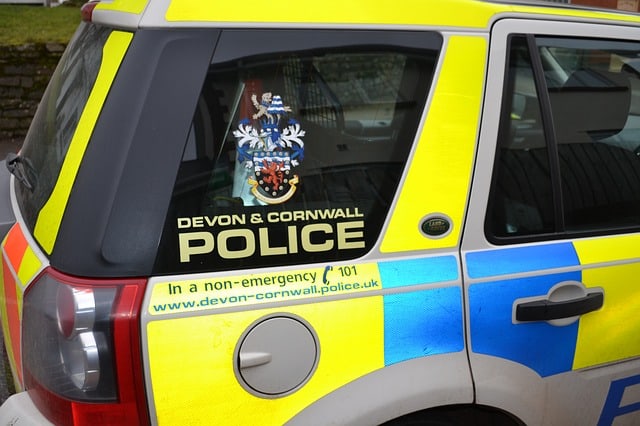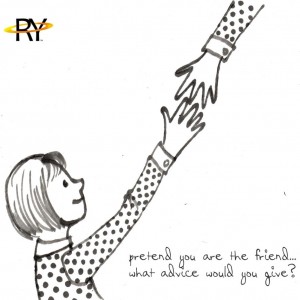Drink driving carries penalties of 6 months imprisonment, a £5000 fine and a 3-year driving ban. Killing someone through careless driving is 14 years imprisonment.
The safest option is to not drink any alcohol if you plan to drive. There’s no foolproof way of knowing how much you can drink and still drive safely, or of drinking and staying below the legal limit.
Even small amounts of alcohol can affect your ability to drive so the only safe advice is to avoid any alcohol if you are driving.
Facts
- 8,620 road accidents in 2008 happened when a driver was over the legal limit for alcohol. 2,020 people were killed or seriously injured as a result.
- in the UK, the alcohol limit for drivers is 80mg of alcohol per 100ml of blood, 35mcg per 100ml of breath or 107mg per 100ml of urine. In most other European countries, the limit is less, usually 50mg per 100ml of blood.
- the amount of alcohol you would need to drink to be considered drink driving varies from person to person. It depends on: your weight, your gender (men tend to process alcohol faster than women), your metabolism, your current stress levels, whether you’ve eaten recently, your age (younger people tend to process alcohol more slowly).
Source: Drink driving and the legal alcohol limit @ drinkaware.co.uk
Video
Read more
- How much alcohol can I drink before driving? @ NHS Choices
Excerpt: Any amount of alcohol affects your judgment and your ability to drive safely. You may not notice the effects but even a small amount of alcohol can: reduce your co-ordination, slow down your reactions, reduce your field of vision, and affect how you judge speed, distance and risk. Alcohol can also make you over-confident. You’re likely to take risks, creating dangerous situations for other people, as well as yourself. There’s no quick way of sobering up. It’s a myth that drinking coffee or a cold shower can help you sober up. Time is the only thing that gets alcohol out of your body. You could still be over the legal limit or unfit to drive many hours after drinking.
- Drink Driving: Exceeding the prescribed limit @ The AA
Excerpt: It is an offence to drive, attempt to drive, or be in charge of a motor vehicle on a road or public place if the level of alcohol in your breath, blood or urine exceeds the prescribed limit. The law specifically states that your alcohol level at the time of any alleged offence is presumed to be the same, or not less than, the result of the analysis of the breath, blood or urine sample. It is an offence to drive, attempt to drive, or be in charge of a mechanically propelled vehicle on a road or public place while unfit through drink. You would be considered unfit if your ability to drive properly is impaired (even if the amount of alcohol in your body is within the prescribed limit). Evidence of being unfit may be found, for example, in erratic driving, the occurrence of an accident, or your condition.
image by exeterdaily0 under CC0 license



